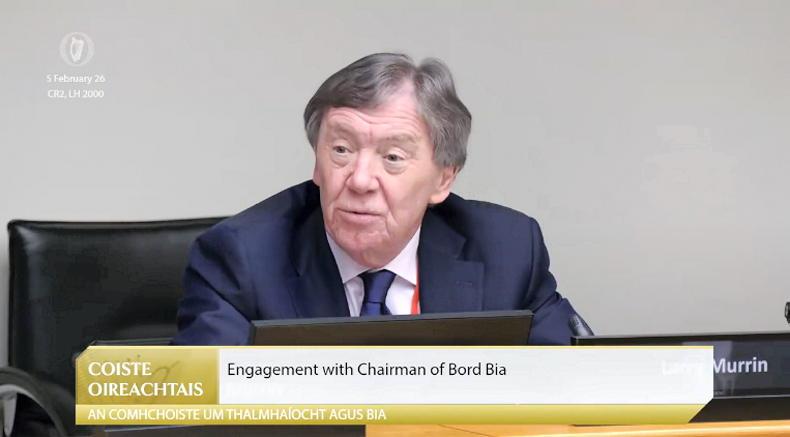It is nearly 18 months since we had a proper, functioning executive at Stormont, given the decision by former DUP First Minister Paul Givan to resign in February 2022, as part of a protest against the post-Brexit NI Protocol arrangement. There is little point in going back over the history of how we got here, except to say that concerns about the Protocol are valid, and it has created friction for businesses and farmers looking to trade across the Irish Sea. But what has been gained by keeping Stormont suspended?
Services under strain
NI is currently being run by civil servants who are hamstrung when it comes to making important decisions. Meanwhile, public services are increasingly under strain amid threats of more civil service strike action over pay.
Looking on is a Tory-led government which seems to care little about NI. If it had the best interests of NI at heart, it would not have signed up to a post-Brexit trade arrangement that put a border down the Irish Sea.
Rather than minimising trade friction with neighbours in the EU, it has been obsessed with the mantra of ‘global Britain’, no better typified by the recent move to join the Trans-Pacific Partnership (CPTPP), a trading bloc of 11 countries mostly thousands of miles from UK shores.
Progress stalled
For farmers, the lack of ministers at Stormont slows progress with various key issues. Included within that is the work to create a new farm support regime in NI. Given these new policies come with a strong environmental focus, the current slow pace might suit some farmers. But if we don’t start tackling these issues now, the danger is that even more radical actions are required once Stormont is restored.
Of course, the current impasse at Stormont is nothing new, and over the last 10 years we have had no functioning executive for half that time. It means we are constantly playing catch-up on many issues.
An example of that is the recently announced ruminant genetics programme, which should have been in place at least five years ago. It is a key part of our efforts to meet future climate targets.
Read more
New beef scheme to shake up farm payments
Audit office critical of APHIS replacement
It is nearly 18 months since we had a proper, functioning executive at Stormont, given the decision by former DUP First Minister Paul Givan to resign in February 2022, as part of a protest against the post-Brexit NI Protocol arrangement. There is little point in going back over the history of how we got here, except to say that concerns about the Protocol are valid, and it has created friction for businesses and farmers looking to trade across the Irish Sea. But what has been gained by keeping Stormont suspended?
Services under strain
NI is currently being run by civil servants who are hamstrung when it comes to making important decisions. Meanwhile, public services are increasingly under strain amid threats of more civil service strike action over pay.
Looking on is a Tory-led government which seems to care little about NI. If it had the best interests of NI at heart, it would not have signed up to a post-Brexit trade arrangement that put a border down the Irish Sea.
Rather than minimising trade friction with neighbours in the EU, it has been obsessed with the mantra of ‘global Britain’, no better typified by the recent move to join the Trans-Pacific Partnership (CPTPP), a trading bloc of 11 countries mostly thousands of miles from UK shores.
Progress stalled
For farmers, the lack of ministers at Stormont slows progress with various key issues. Included within that is the work to create a new farm support regime in NI. Given these new policies come with a strong environmental focus, the current slow pace might suit some farmers. But if we don’t start tackling these issues now, the danger is that even more radical actions are required once Stormont is restored.
Of course, the current impasse at Stormont is nothing new, and over the last 10 years we have had no functioning executive for half that time. It means we are constantly playing catch-up on many issues.
An example of that is the recently announced ruminant genetics programme, which should have been in place at least five years ago. It is a key part of our efforts to meet future climate targets.
Read more
New beef scheme to shake up farm payments
Audit office critical of APHIS replacement









SHARING OPTIONS